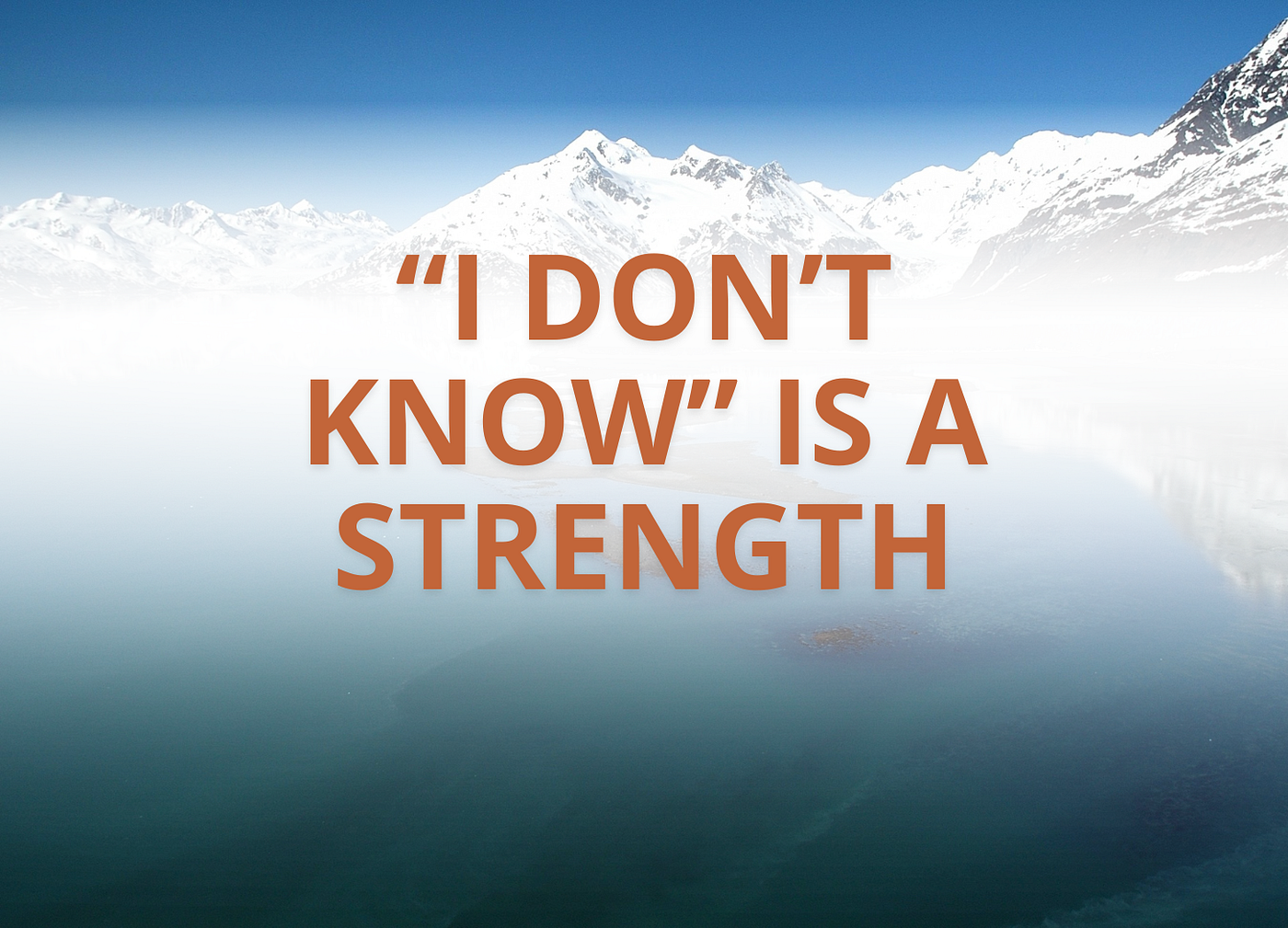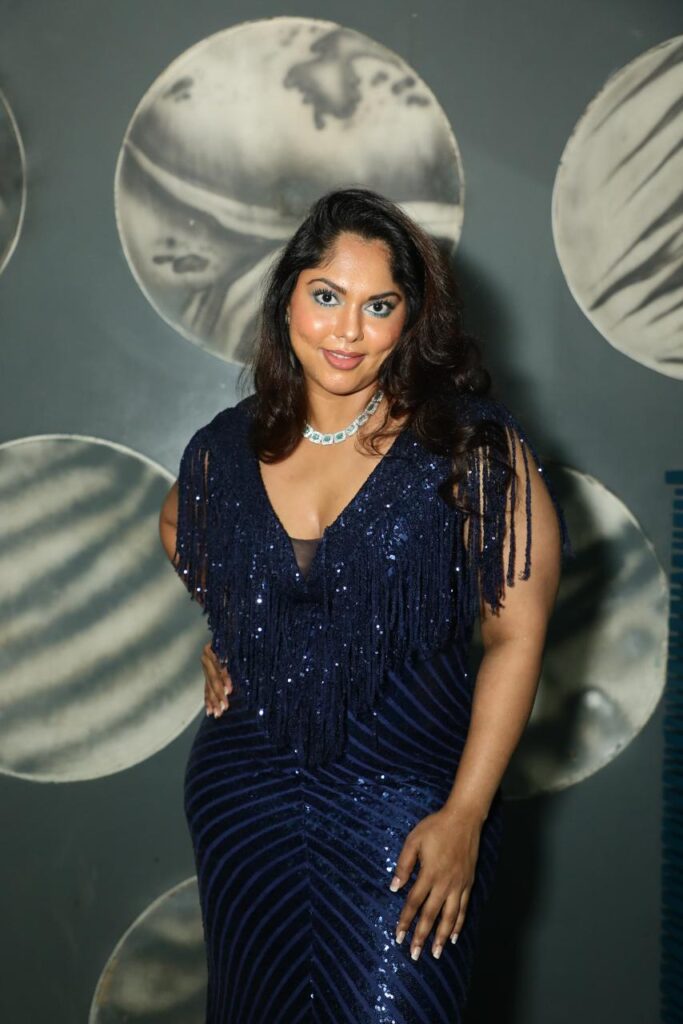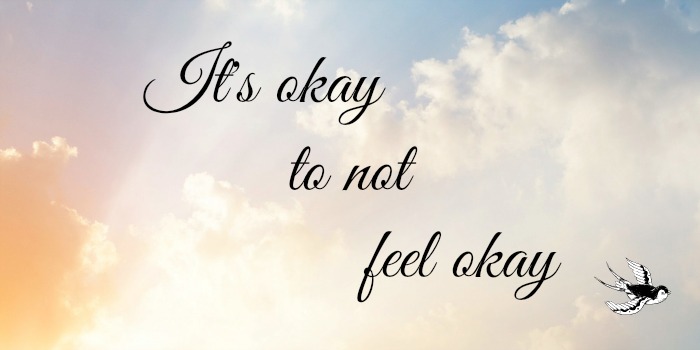Now Reading: Why Saying “I Don’t Know” Is a Sign of Strength, Not Weakness
-
01
Why Saying “I Don’t Know” Is a Sign of Strength, Not Weakness
Why Saying “I Don’t Know” Is a Sign of Strength, Not Weakness

In school, at work, or even with friends, most of us have been in situations where we felt pressured to always have the right answer. Saying “I don’t know” can feel awkward, embarrassing, or even shameful. But here’s what’s often overlooked: admitting you don’t know something is actually a skill, not a flaw.
Why We Hesitate to Say It
From classroom culture to workplace pressure, we’re taught to equate knowledge with competence. Many people in Tier 2 cities, especially in traditional job roles or conservative families, grow up with the idea that uncertainty equals failure. This mindset creates fear of looking unprepared or less intelligent in front of others.
What It Really Means
When someone says “I don’t know” honestly, it shows they’re self-aware and not pretending. It means they value accuracy over ego. In meetings or interviews, it can actually build credibility—especially if you follow it up with “Let me find out and get back to you.” That shows responsibility, not ignorance.
Learning Begins With Unknowing
All growth starts from a point of not knowing. Whether you’re learning how to invest, fix a broken tap, or navigate a relationship—admitting that you don’t have all the answers is how you open the door to learning. Pretending otherwise delays real progress.
Normalising It in Daily Life
If someone asks you a question and you’re unsure, it’s perfectly okay to respond with:
- “I’m not sure, but I can check.”
- “That’s a good question. I’ll find out.”
- “I don’t know enough to answer that right now.”
This approach sounds confident, not clueless. Over time, it makes conversations more honest and productive—whether it’s with your boss, your kids, or your friends.
The Workplace Angle
In offices across India, especially in smaller cities, employees often feel they can’t admit gaps in their knowledge. But good managers today appreciate clarity over guesswork. If you fake an answer and it leads to mistakes, the cost is far higher than just admitting you’re unsure in the first place.
Conclusion
Saying “I don’t know” doesn’t make you less capable—it makes you real. In a world full of bluffing and overconfidence, honesty stands out. So the next time you’re unsure, say it without fear. You’re not closing a door—you’re opening one.

























